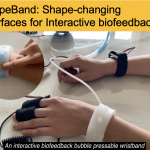
ShapeBand: Design of Shape-changing Wristband with Soft Materials and Physiological Sensors for Anxiety Regulation
We introduce ShapeBand, a new shape-changing wristband designed for exploring multisensory and interactive anxiety regulation with soft materials and physiological sensing. Our approach takes a core principle of self-help psychotherapeutic intervention, aiming to help users to recognize anxiety triggers and engage in regulation with attentional distraction. We conducted user-centered design ...
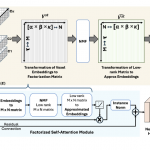
FactorizePhys: Matrix Factorization for Multidimensional Attention in Remote Physiological Sensing
Presented at NeurIPS 2024 & In press (Advances in Neural Information Processing Systems 37; NeurIPS 2024) Remote photoplethysmography (rPPG) enables non-invasive extraction of blood volume pulse signals through imaging, transforming spatial-temporal data into time series signals. Advances in end-to-end rPPG approaches have focused on this transformation where attention mechanisms are ...
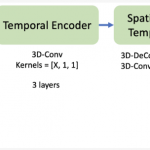
iBVPNet and Toolkit for iBVP Dataset (2024)
Remote photo-plethysmography (rPPG) has emerged as a non-intrusive and promising physiological sensing capability in human–computer interface (HCI) research, gradually extending its applications in health-monitoring and clinical care contexts. With advanced machine learning models, recent datasets collected in real-world conditions have gradually enhanced the performance of rPPG methods in recovering heart-rate ...
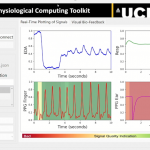
PhysioKit: Open-Source, Low-Cost Physiological Computing Toolkit
The proliferation of physiological sensors opens new opportunities to explore interactions, conduct experiments and evaluate the user experience with continuous monitoring of bodily functions. Commercial devices, however, can be costly or limit access to raw waveform data, while low-cost sensors are efforts-intensive to setup. To address these challenges, we introduce PhysioKit, ...
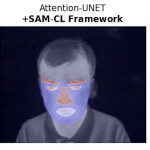
SAM-CL for Reliable segmentation of thermal facial images in unconstrained settings (2022)
Segmentation of thermal facial images is a challenging task. This is because facial features often lack salience due to high-dynamic thermal range scenes and occlusion issues. Limited availability of datasets from unconstrained settings further limits the use of the state-of-the-art segmentation networks, loss functions and learning strategies which have been ...
EEG Neurofeedback for Motor Rehabilitation: Systematic Review and Meta-analysis
Preprint 2022 Yu-Wei Yang and Youngjun ChoDepartment of Computer Science, University College London, London, UK EEG neurofeedback has shown positive effects on motor rehabilitation in daily settings. However, high heterogeneity between existing works has been identified given a lack of systematic validation of various intervention training strategies and terminologies adopted ...
How Real-Time Social Biofeedback could affect University Students’ Presentation Experiences: A Mixed Method Approach
Preprint 2022 Selina He and Youngjun ChoDepartment of Computer Science, University College London, London, UK Public speaking is an essential soft skill for professional development. However, public speaking tends to be one of the stressors to university students. Here, we are interested in biofeedback, an intervention technique that can possibly ...
Exploring eye blink biofeedback for anxiety and stress reduction
Preprint 2022 Pauline Hohl and Youngjun ChoDepartment of Computer Science, University College London, London, UK Eye blinking is a subconscious behaviour that is associated with our affective states. While spontaneous eye blinking and its relationship with anxiety and stress have been actively explored in the literature, it has not yet ...
Silent Rider: Visual-tactile messaging Interface for Customers and Deliverer with profound hearing loss
Preprint 2022 Jiani Wang and Youngjun ChoDepartment of Computer Science, University College London, London, UK We introduce Silent Rider, a visual-tactile messaging interface that aims to facilitate a hearing-impaired deliverer’s mobile phone communication with their customers. Silent Rider augments a typical smartwatch interface with a virtual module that interchanges users’ ...
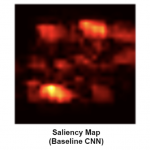
Convolutional Neural Network with Attention on Spectrograms for Emotion Detection
Preprint 2021 Alok C. Suresh and Youngjun Cho The ability to accurately detect and model emotion is of great importance in advancing HCI applications and interfaces. Given this, the prevalence of research into the automatic emotion recognition task has steadily increased in recent years. This work is concerned with this ...